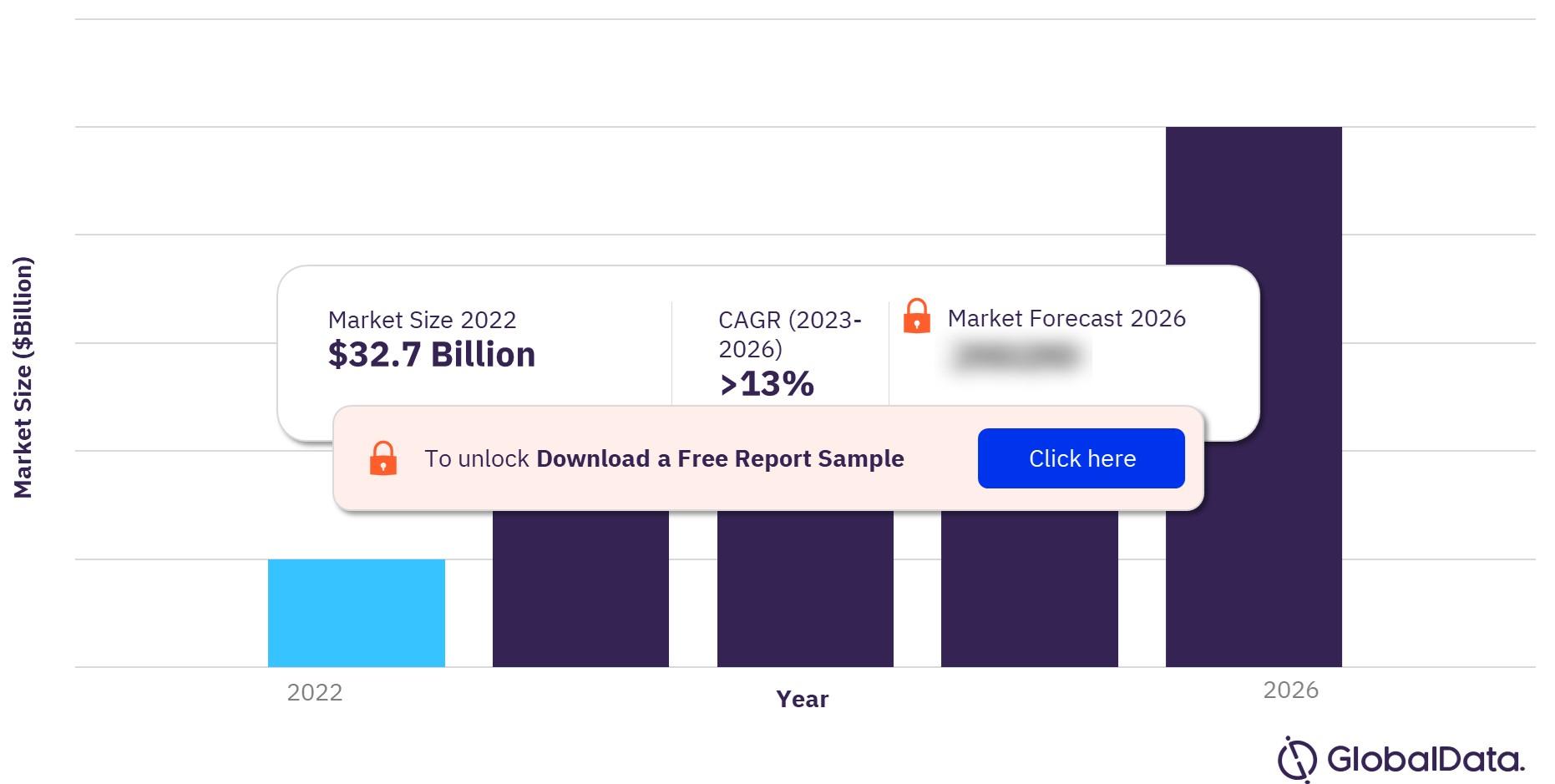Duty-free retailing in the Asia-Pacific (APAC) region has witnessed remarkable growth over the years, driven by various factors such as increasing disposable income, rising tourism, and changing consumer preferences. This article delves into the dynamics of the APAC duty-free retailing market, exploring its evolution, current landscape, challenges, opportunities, and future prospects.
Introduction to APAC Duty Free Retailing Market
Duty-free retailing refers to the sale of goods to international travelers, exempted from local or national taxes and duties. The APAC region, encompassing countries like China, Japan, South Korea, and Singapore, has emerged as a prominent hub for duty-free shopping due to its strategic location, booming tourism industry, and favorable regulatory environment.
Historical Overview of Duty-Free Retailing
The concept of duty-free shopping dates back to the early 20th century when duty exemptions were granted to goods purchased by travelers departing from specific ports or airports. Over time, duty-free retailing evolved into a thriving industry, with airports, seaports, and border crossings becoming key locations for duty-free shops.
Key Players in the APAC Duty-Free Retailing Market
The APAC duty-free retailing market is characterized by intense competition, with major players such as DFS Group, Lotte Duty Free, Shilla Duty Free, and King Power International dominating the landscape. These players operate duty-free stores in prime locations, offering a wide range of products including cosmetics, electronics, fashion apparel, and luxury goods.
Market Size and Growth Trends
The APAC duty-free retailing market has experienced robust growth in recent years, driven by increasing international travel, expanding airport infrastructure, and growing demand for luxury and premium products. According to industry reports, the market is expected to continue its upward trajectory, fueled by rising affluence in emerging economies and changing consumer lifestyles.
Factors Driving Growth in the APAC Duty-Free Retailing Market
Several factors contribute to the growth of the APAC duty-free retailing market, including:
- Rising Tourism: The region's popularity as a tourist destination has led to a surge in duty-free shopping, with travelers seeking to take advantage of tax-free prices.
- Expansion of Airport Retail: Airports in the APAC region are investing heavily in retail infrastructure, creating more opportunities for duty-free retailers to expand their presence.
- E-commerce Integration: Duty-free retailers are increasingly embracing e-commerce platforms to reach a wider audience and enhance the shopping experience for travelers.
- Luxury Segment Growth: The growing demand for luxury and premium products, especially among affluent travelers from China and other Asian countries, is driving sales in the duty-free market.
Challenges Faced by Duty-Free Retailers in the APAC Region
Despite its promising growth prospects, the APAC duty-free retailing market faces several challenges, including:
- Regulatory Uncertainty: The regulatory landscape governing duty-free retailing varies across countries, posing challenges for retailers in terms of compliance and operational efficiency.
- Intense Competition: The market is highly competitive, with numerous players vying for market share, leading to pricing pressures and margin erosion.
- Currency Fluctuations: Exchange rate fluctuations and economic uncertainties can impact consumer spending behavior, affecting duty-free sales.
Innovations and Trends in APAC Duty-Free Retailing
Duty-free retailers in the APAC region are embracing innovative strategies to enhance the shopping experience and stay ahead of the competition. Some notable trends include:
- Personalized Services: Offering personalized shopping experiences tailored to individual preferences and purchasing behavior.
- Digitalization: Leveraging technology to streamline operations, improve inventory management, and deliver seamless omnichannel experiences.
- Sustainability Initiatives: Implementing sustainable practices such as eco-friendly packaging, waste reduction, and carbon footprint mitigation to appeal to environmentally conscious consumers.
Regulatory Landscape and Its Impact on the Market
The regulatory environment plays a significant role in shaping the APAC duty-free retailing market. Government policies related to customs duties, taxation, immigration, and tourism regulations can have a direct impact on the operations and profitability of duty-free retailers.
Consumer Behavior and Preferences
Understanding consumer behavior and preferences is crucial for duty-free retailers to effectively target and engage their target audience. Factors such as demographic trends, travel patterns, brand loyalty, and shopping motivations influence purchasing decisions in the duty-free environment.
Opportunities for Expansion and Investment
Despite the challenges, the APAC duty-free retailing market offers lucrative opportunities for expansion and investment. Key areas for growth include:
- Emerging Markets: Expanding into emerging markets with rising disposable incomes and increasing outbound travel.
- Product Diversification: Introducing new product categories and exclusive offerings to cater to evolving consumer tastes and preferences.
- Digital Transformation: Investing in digital technologies to enhance customer engagement, streamline operations, and drive sales growth.
Case Studies: Successful Strategies in APAC Duty-Free Retailing
Several case studies highlight successful strategies adopted by duty-free retailers in the APAC region, such as:
- DFS Group: Leveraging its extensive network of stores and strong brand partnerships to offer unique shopping experiences and exclusive products.
- Lotte Duty Free: Expanding its footprint in key markets and investing in innovative marketing campaigns to attract a diverse customer base.
- Shilla Duty Free: Embracing digitalization and data analytics to gain insights into customer behavior and preferences, enabling personalized marketing initiatives.
Sustainability Initiatives in Duty-Free Retailing
With increasing emphasis on sustainability and corporate social responsibility, duty-free retailers in the APAC region are implementing various initiatives to reduce their environmental impact and promote ethical business practices. These initiatives include:
- Green Store Design: Incorporating eco-friendly materials and energy-efficient technologies in store design and construction.
- Carbon Offsetting: Offset carbon emissions from transportation and operations through investments in renewable energy projects and carbon offsetting programs.
- Waste Management: Implementing waste reduction and recycling programs to minimize environmental footprint and promote circular economy principles.
Future Outlook and Predictions
The APAC duty-free retailing market is poised for continued growth and innovation, driven by evolving consumer preferences, technological advancements, and regulatory developments. Key trends shaping the future of the market include:
For more insights on this APAC duty-free retailing market report, download a free report sample

